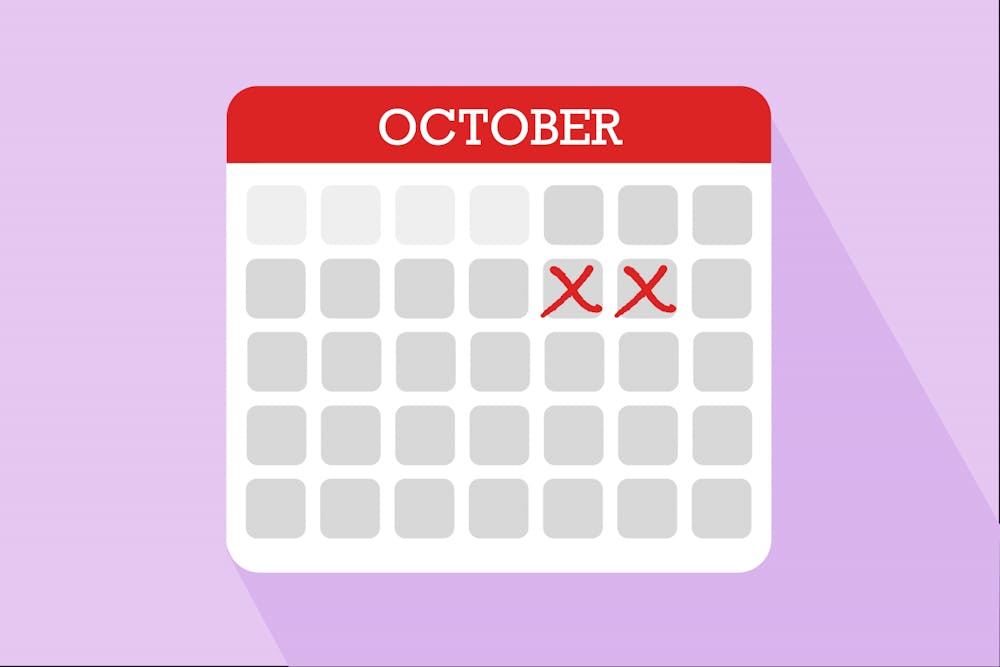This semester, Penn students are facing a learning experience which is far from typical. One of the larger changes is the lack of a fall break, typically held in early October. After Penn's announcement that the fall semester would be conducted remotely, more than 700 students signed a petition calling on the University to reinstate fall break, which had previously been canceled in June. Penn, however, has stood by its decision, citing a desire to limit student travel and a possible resulting spread of COVID-19.
While Penn’s concerns are certainly understandable, they haven't acknowledged the unique challenges that students are facing this semester. On top of the usual academic pressures, students are experiencing many additional sources of stress, ranging from loneliness to family members' health to increased workloads from virtual courses.
Given these unique circumstances, and given the fact that Penn has stood by its decision to cancel fall break, professors should step in where the University will not. Faculty members should cancel classes and recitations next Thursday and Friday if they are able.
Even prior to its cancelation, Penn’s fall break was already shorter than that of other Ivy League institutions, such as Princeton University and Cornell University. Moreover, Penn students received the fewest number of days off in the Ivy League in 2018. This has long been a point of contention among Penn students, with some arguing that the lack of a long mid-year break signals a lack of concern from the administration for the mental health of the student body.
Now, without a fall break, students are faced with the prospect of uninterrupted classes from the beginning of September until Thanksgiving. Given the various challenges that students are facing, both structural and uniquely stemming from the outbreak, this is unacceptable. However, if professors cancel their classes, it would temporarily ease the workload on students, giving them back precious hours of sleep and relaxation despite the lack of a formal break.
Canceling classes and recitation doesn’t just benefit students — it also gives professors a well-deserved break. Since some professors may be dealing with personal issues themselves or struggling to care for children, canceling class could provide much-needed flexibility.
Some professors may not be able to cancel class on such short notice, as curricula and course timelines are often designed months in advance. However, this does not mean that there is no point in canceling any classes at all. In fact, the lack of uniform cancelations could provide the benefit of preventing student travel. Since it is unlikely that individual students will have all of their classes or recitations classes, these students will be less likely to travel. However, even if some of their classes are canceled, they will have additional time to catch up on schoolwork and prioritize their mental health.
There are arguments both in favor of and against having a fall break during this unusual semester. However, it is clear that the benefits of time off outweigh the concerns, and that all professors should consider giving students time off in lieu of a traditional fall break.
SEE MORE FROM THE DAILY PENNSYLVANIAN EDITORIAL BOARD:
Grad students need transparency on what the Ph.D. admissions freeze means
Penn’s abrupt shift to a remote fall places a financial burden on students
Editorials represent the majority view of members of The Daily Pennsylvanian, Inc. Editorial Board, which meets regularly to discuss issues relevant to Penn's campus. Participants in these meetings are not involved in the reporting of articles on related topics.
SEE MORE FROM THE DAILY PENNSYLVANIAN EDITORIAL BOARD:
Grad students need transparency on what the Ph.D. admissions freeze means
Penn’s abrupt shift to a remote fall places a financial burden on students









